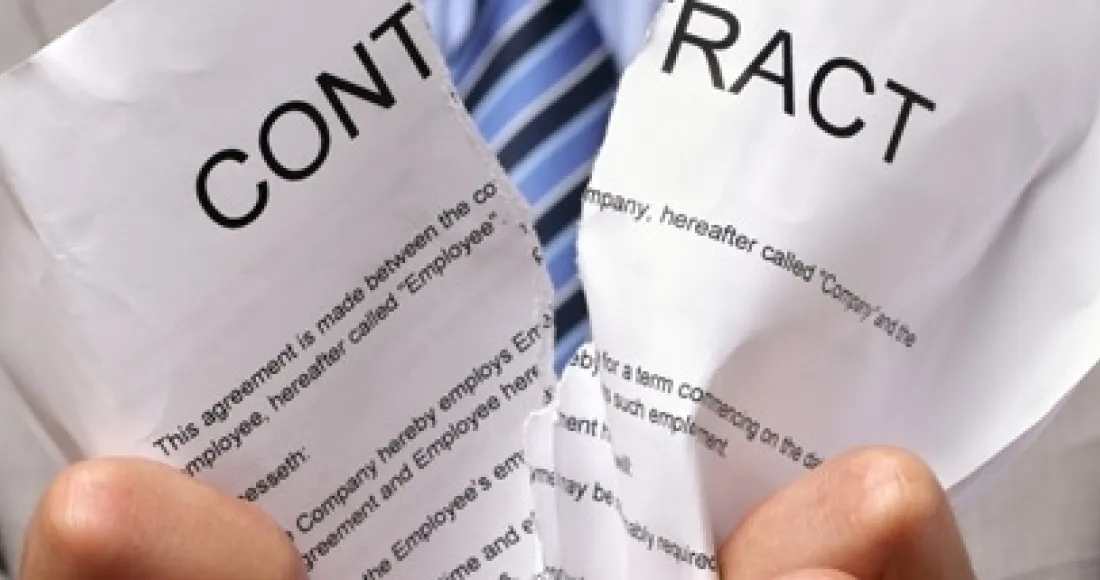
In the next installment on the topic of procurement fraud, we’re going to look at what is known as Defective Pricing and Price Reduction Violations. When government contracting officers are negotiating contracts their goal is always to obtain the best pricing for the federal government. They have to rely on the potential government contractor to provide accurate disclosures related to pricing practices. Unfortunately this doesn’t always occur and contractors have been known to provide incomplete, inaccurate or less than current disclosures during the negotiations. This is known as defective pricing, as a contracting officer is relying on defective disclosures when negotiating future rates and pricing on goods and services the United States Government needs to purchase. If a government contractor provides inaccurate information to the government, or fails to disclose information that it has in its possession that would be advantageous to the government, it can be held liable under criminal and/or civil penalties and damages under the False Claims Act.
Price Reduction Violations occur when a government contractor fails to notify the government that pricing changes have occurred while the contract is in effect. An item known as the Price Reduction Clause (PRC) sets in place the relationship between the federal government contract pricing and the pricing offered to an identified customer or category of customers that are commonly referred to as the Basis of Award (BOA) customer(s). In laymen’s terms, if the government contractor offers a discount or better pricing to a BOA customer, those same terms or better pricing must also be offered to the United States Government even if the contract is already in place. It is the government contractor’s responsibility, not the government's, to report these changes to the contracting officer. Price reductions that are not reported, but are later identified during an audit or when a whistleblower comes forward, can also be actionable under the False Claims Act.
Defective Pricing and Price Reduction Violation Indicators
- Better pricing, and/or discounts, is available to non-government customers
- The government contractor knowingly fails to notify the government that better pricing, discounts or concessions are available to BOA customers
- Rebates offered to non-government customers are not offered to the government
- Government contractor makes promises regarding price comparisons to its non-government customers that it has no intention of doing
A Successful Prosecution
In October 2013, the United States Department of Justice announced that it had settled with Axway, Inc. who agreed to pay the United States $6.2 million to settle allegations under the False Claims Act that it, and its predecessors, provided the General Services Administration (GSA) with defective pricing information in order to obtain and maintain a GSA Multiple Award Schedule (MAS) contract that permitted them to sell software licenses and related services to federal agencies at inflated prices.
According to the settlement agreement, on October 3, 2001, GSA awarded an MAS contract to Valicert, Inc. for the sale of software licenses and related services. Valicert subsequently merged in 2003 with Tumbleweed Communications Corporation, which in turn merged with Axway in 2009. GSA approved the novation of the MAS contract to these successors. From 2001 to December 31, 2011, numerous federal agencies purchased products and services from Valicert, Tumbleweed and Axway based on the MAS contract pricing. The qui tam alleged that during the initial negotiation of the contract, Valicert knowingly provided GSA with commercial pricing information that was not current, accurate and complete. As a result, the United States alleged that the MAS contract that was awarded to Valicert contained pricing that was less advantageous to the government than would have been negotiated had accurate and complete disclosures been made. In addition, the United States alleged that in 2007, when the MAS contract was renewed, Tumbleweed failed to provide GSA with accurate and complete commercial pricing disclosures. The DOJ also contended that after being novated onto the MAS contract, Tumbleweed and Axway failed to comply with the price reduction clause of the contract. As a result, the contract contained inflated prices, and numerous government agencies relied on these inflated prices and overpaid for their purchases of software and related services.
The civil settlement resolved a lawsuit filed under the whistleblower provision of the False Claims Act, which permits private parties to file suit on behalf of the United States for false claims and obtain for themselves a portion of the government’s recovery. The civil lawsuit was filed in the District of Maryland by a courageous whistleblower by the name of Kenneth Marcus, a former employee of Tumbleweed. Mr. Marcus received $1,178,000 under the False Claims Act provisions.
As this important case illustrates yet again, whistleblowers are a critical link in ferreting out procurement fraud and pricing schemes that can, and do, occur in government contracting. If you have witnessed any form of government procurement fraud, including fraud in defense contracting or fraud tied to government healthcare programs, coming forward can provide both peace of mind and potential financial rewards. Partnering with our investigative team and attorneys who have significant knowledge of the False Claims Act (including its whistleblower protections and potential rewards) is a necessity in today’s crowded legal environment. Call us today to discuss in greater detail how we can work together to put a stop to pricing schemes by government contractors.
Next week, we’ll examine procurement fraud and how government contractors charge for products not used or services not rendered, in a scheme to increase profits and make false claims against the federal government.

